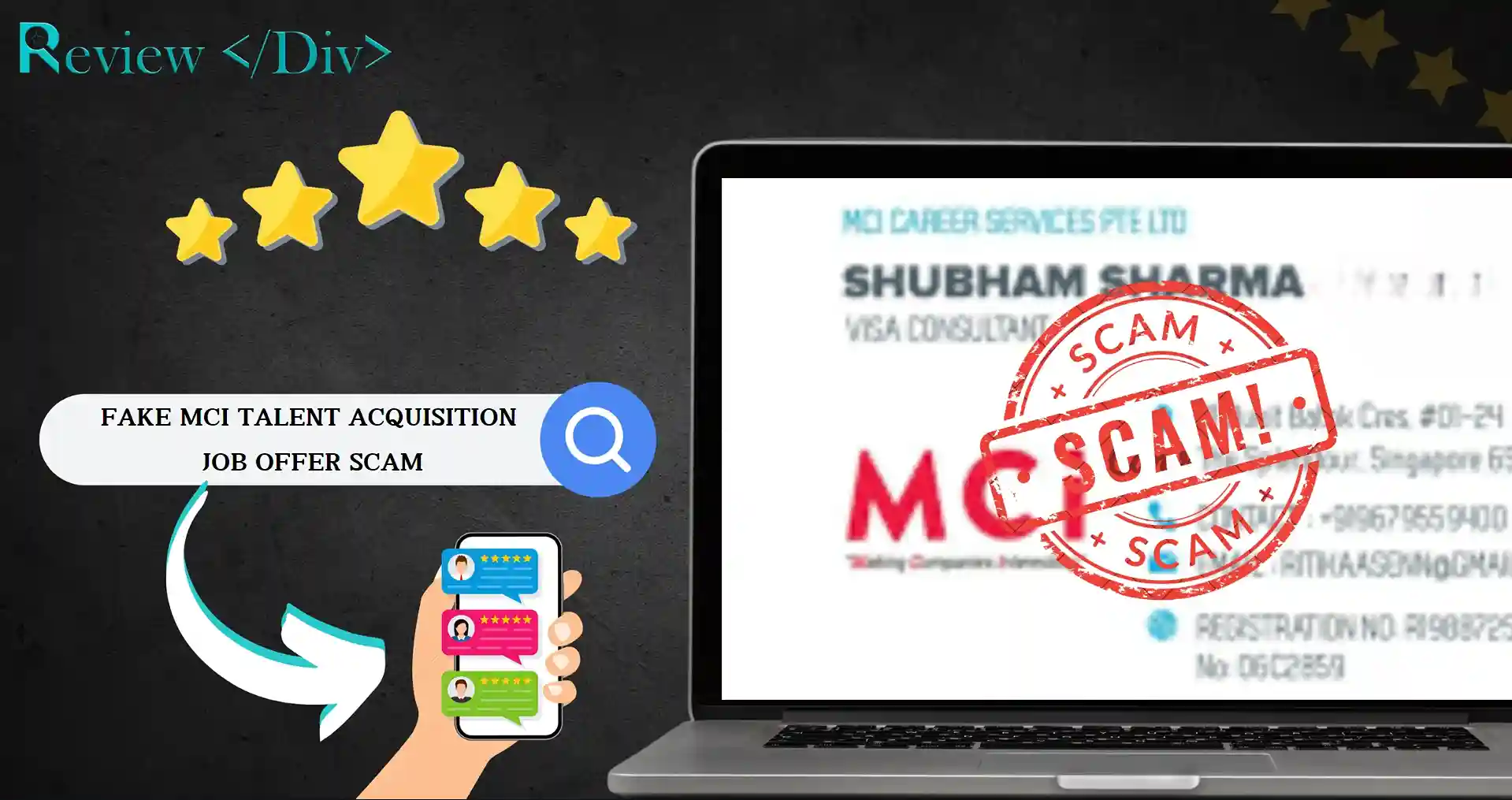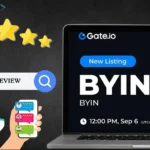Job seekers are helpless to scams hidden as legitimate offers when finding the job market, especially during uncertain economic times.
One such scheme is the Fake MCI Talent Acquisition Job Offer Scam, where fraudsters pose as recruiters from MCI to deceive unsuspecting individuals.
In this article, we’ll explore how this scam operates, the red flags to watch out for, and how to protect yourself from falling victim to such fraudulent schemes.
Fake MCI Talent Acquisition Job Offer Scam Overview
The Fake MCI Talent Acquisition Job Offer Scam is a deceptive tactic where scammers impersonate recruiters from MCI, a legitimate recruitment firm, to defraud job seekers. These fraudsters pose as MCI representatives and reach out to victims through various platforms, including email, social media, and popular job boards.
They offer enticing job positions, with high salaries and lucrative benefits, to attract their targets into providing personal information or making payments.
To make their scam appear credible, they craft professional-looking documents, including job offer letters featuring MCI’s logo and branding. However, these offers are entirely fraudulent, designed to trick individuals into either sharing sensitive personal details or paying fees.
How Fake MCI Talent Acquisition Job Offer Scam Works?
The Fake MCI Talent Acquisition Job Offer Scam operates through a series of staged interactions that appear genuine but are ultimately designed to deceive.
1. Initial Contact
The scam begins with unsolicited outreach, where scammers contact job seekers, claiming to be recruiters from MCI. To appear legitimate, the scammers reference the victim’s resume, which they could have found on job boards or professional networking sites.
2. Presenting the Job Offer
Once contact is established, the scammers present a highly attractive job offer. They promise an attractive salary, flexible working conditions, and an appealing benefits package.
3. Conducting a Fake Interview
The interview process is carried out virtually and seems somewhat credible, although it lacks professionalism and a legitimate hiring process.
After the interview, the scammer sends a convincing job offer letter, complete with MCI branding and official-looking documentation, to persuade the victim that the offer is genuine.
4. Requesting Payments
Once the victim has accepted the fake job offer, they are asked to make upfront payments for various reasons, such as buying necessary equipment, processing paperwork, or covering background check fees. However, this is just a tactic to extract money.
5. Stealing Personal Information
In addition to monetary requests, scammers also ask for sensitive personal information, such as Social Security numbers, bank details, or copies of identification documents. This personal data can then be used for identity theft or sold on the dark web.
How to Stay Safe from Fake MCI Talent Acquisition Job Offer Scams?
Avoiding scams like the Fake MCI Talent Acquisition Job Offer requires caution and knowledge. Here are key steps job seekers can take to protect themselves.
Verify Recruiter Identity: Always verify the authenticity of any job offer you receive. If a recruiter claims to represent MCI, directly contact the company through official channels—using contact details found on MCI’s official website.
Research the Company: Before engaging with any recruiter, thoroughly research the company to verify its legitimacy. Check for reviews online, visit the company’s official website, and look for any public warnings or announcements about scams.
Use Trusted Job Platforms: To minimize the risk of encountering fraudulent job offers, stick to reputable job boards and recruitment platforms. Be careful when receiving unsolicited job offers from unknown sources.
Protect Your Personal Information: Do not share personal or sensitive information until you have thoroughly vetted the recruiter and confirmed the authenticity of the job offer.
Report Suspected Scams: If you believe you have encountered a job scam, report it to the relevant authorities. In the U.S., scams can be reported to the Federal Trade Commission (FTC) at ReportFraud.ftc.gov.







